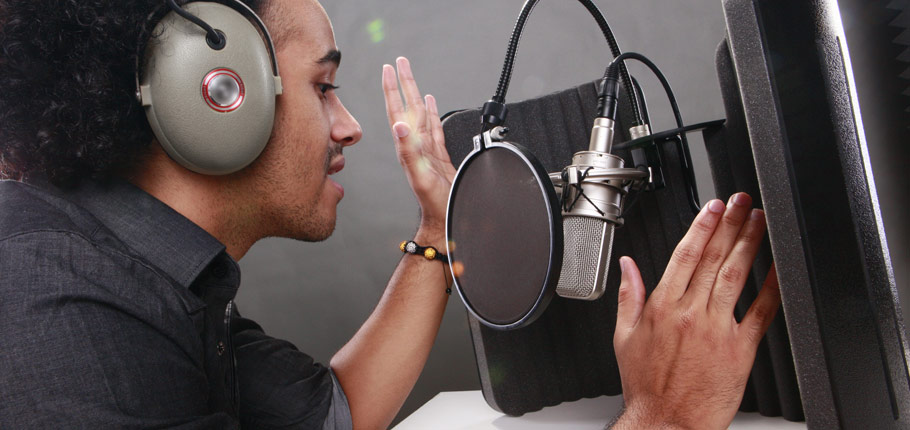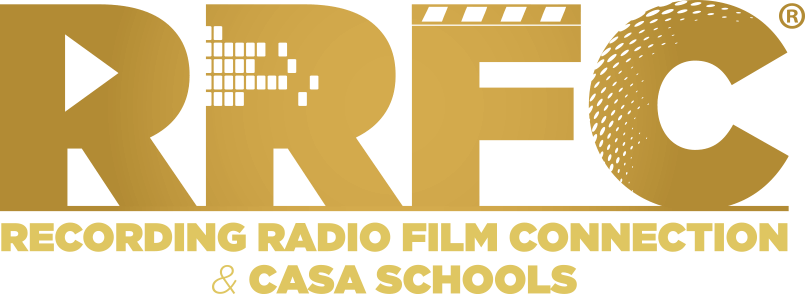
Tips on How to Improve Your Speaking Voice
Most people already use their voice to make a living in some capacity, they just don’t realize it. Whether you’re in theater, customer service, or high finance, you’re using your voice to communicate with others. In the world of radio, your voice is even more important than in other careers because it’s the sole means by which you communicate with the world, it’s how they know you, and it’s how you earn a living. No facial expressions, no body language, no hand movements, everything you’ve got to communicate is happening via your voice. Because of this fact, it’s essential that anyone who wants to host a podcast or work in radio broadcasting learns how to make their voice as pleasant, crisp, and distinctive as possible. Here are a few tips to help:
Maintain Posture
Good posture is important when speaking. If you’re slouched or leaning on something, your lungs don’t receive as much air as they do when you’re upright and relaxed.
Engage Your Diaphragm
When speaking, always push air out of your diaphragm. Many people have nasal-sounding voices because they don’t utilize their diaphragm properly. Rather, they speak from high up in their throat. Oftentimes this causes most of the sound to be pulled from the nasal cavity, giving their voice a nasal sound. Pushing the air from your diaphragm while you speak will give your voice a richer, more satisfying tone.
Move that Mouth
Articulation is key for proper pronunciation. Americans are notorious for being lazy speakers. Fight this bad habit by making sure to pronounce the vowels and consonants. Move your tongue, mouth and cheeks to annunciate and speak clearly. Having proper diction can go a long way in putting you ahead of the slack-jawed competition.
Build your Vocab
Another way to distinguish yourself from the pack is to possess a wide vocabulary. Nothing is as off-putting as an individual who uses the same six variations of slang. True, being clearly understood is good but having a diverse vocabulary tells the listener you’re someone worth listening to. Even resurrecting words that have fallen out of common parlance can go far in grabbing people’s attention. Remember, speaking well isn’t all about how you speak but what you say.
Do Vocal Workouts
One big way you can sharpen your linguistic skills is by doing vocal workouts. Here’s a basic but highly effective vowel vocal exercise to get you started. Read these aloud:
EE as in need, deed, feed, speed
I as in bit, mit, sit
Ay as in stay, play, aid, tray
EA as in work, heard, bird, slurred
A as in alone, ago, about
U as in cut, luck, mud, shut
OO as in booed, rude, food, prude
IU as in would, should, hood, cook
O as in code, bode, toad, low
AW as in awed, sawed claw, talk
AH as in card, hard, scarred
Y as in tide, ride, pride, slide
E as in fed, bed, red, sled
A as in Cad, bad, sad, lad
These speaking exercises, in conjunction with speaking from your diaphragm, will enable you to speak more clearly. In the radio world, new announcers, voiceover artists, and DJs are always being recruited so if you’ve got something to say and a knack for saying it well, there’s room for you in the industry.
Perfecting and honing your speaking voice will also help you in your day-to-day life as well. Having good diction and pronunciation is like having good posture. It’s a subliminal thing that makes a positive impression on others and makes you seem like a more intelligent, professional and well-rounded person.



